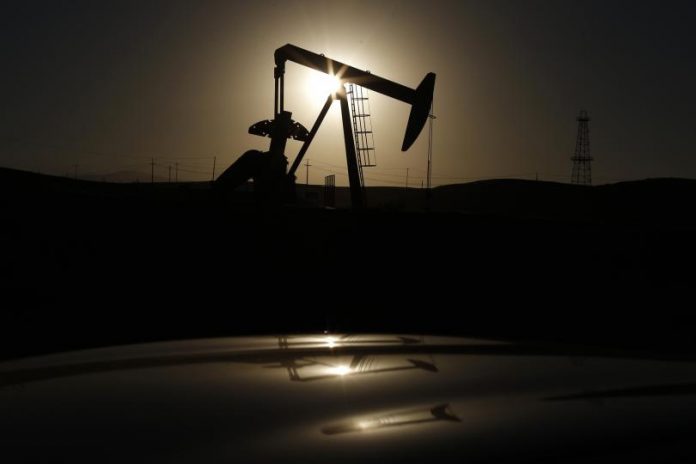ISLAMABAD: The production of natural gas in the country has witnessed a decline, allegedly to facilitate the business of Liquefied Natural Gas (LNG) during the ongoing tenure of Pakistan Muslim League-Nawaz (PML-N), sources disclosed.
Documents available with Pakistan Today revealed that supplies of natural gas to state-owned gas utilities (SNGPL and SSGCL) have witnessa ed major decline during the tensure of the incumbent government. The decline in natural gas supplies to two gas utilities had started in 2013 and was continued till 2017 as almost upto 387mmcfd of natural gas supplies reduced during the said four years period.
According to the documents, supplies of natural gas to Sui Northern Gas Pipelines Limited (SNGPL) and Sui Southern Gas Company Limited (SSGCL) were 2779 million cubic feet per day (MMCFD) in 2012, while it was 2714mmcfd in 2013. Similarly, in 2014, there was a reduction in natural gas supplies to SNGPL & SSGCL as supplies decreased to 2605mmcfd, while supplies further recorded a decrease to 2443mmcfd in 2015 and 2449mcfd in 2016. Also, the supplies of natural gas continued witnessing decline as the supplies to two gas utilities were at 2327mcfd in 2017.
It is relevant to mention that the supplies of natural gas to both the state-owned gas utilities in the year 2011 was 2760mmcfd, 2839mmcfd in 2010, 2814 in 2009 and 2837mmcfd in 2008.
Though Pakistan produces 4bcfd (billion cubic feet per day) of natural gas, however, it is far short of its consumption demand for over 6bcfd to meet its gas demands. To bridge the shortfall of natural gas, Pakistan had inked an agreement with Qatar in February 2016 for the supply of around $1 billion worth of Liquefied Natural Gas LNG) to Pakistan on an annual basis, to help the country meet its energy shortfall.
Also, the incumbent government has framed a policy to encourage the private sector to set up LNG terminals. It also desires to replace furnace oil in power production with imported gas by 2020 for having cheaper and greener energy.
At present, LNG is being supplied from two LNG terminals to compressed natural gas (CNG) filling stations, fertiliser plants and industrial consumers and also to 3600mw RLNG-run power plants of Punjab province installed in Bhikki, Baloki, and Haveli Bahadur Shah.
The first terminal is running at 100 per cent capacity to handle 4.5 million tons of LNG per annum, and the second terminal will also supply 600mmcfd to 3,600-megawatt LNG-based power plants in Punjab which will help overcome energy shortages in the country.
The LNG being supplied from Qatar under the G2G (Government to Government) agreement is considered expansive to the price of LNG so far offered by private cargo companies for the supply of LNG to the country.
Moreover, it is estimated that the national exchequer has to face a heavy burden of Rs1 billion per annum due to expensive LNG, while this burden will further increase if brent crude oil price further increases.
Under the agreement, the price for each LNG cargo in a particular month has been agreed at 13.37 per cent of brent where brent value is an average of the preceding three months.
According to details of the Long Term LNG SPA with Qatar Gas, the Qatar Liquified Gas Company Limited would sell Pakistan State Oil Company Limited LNG for a period from 2016 to 2031. The annual Contract Quantity for 2016 has been agreed at prorate of 2.25 mt for 2017, Q1 prorate of 2.25 mt and for 2017 Q2 to 2031 3.75 mtpa.
The Long-Term LNG SPA also provides for annual upward and downward flexibilities up to three LNG cargoes per contract year. And, downward flexibility can be accumulated for two contract years, while the payment terms state that the PSO would make payment 15 days after completion of unloading.
























